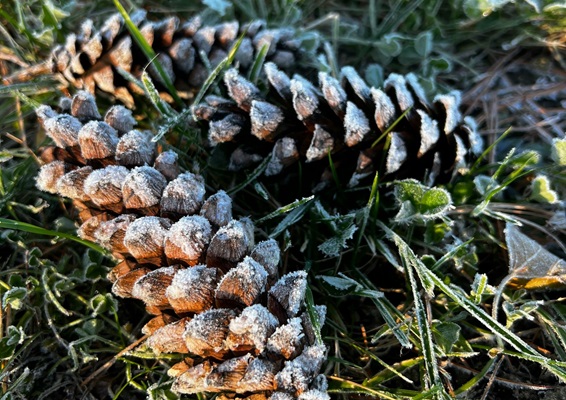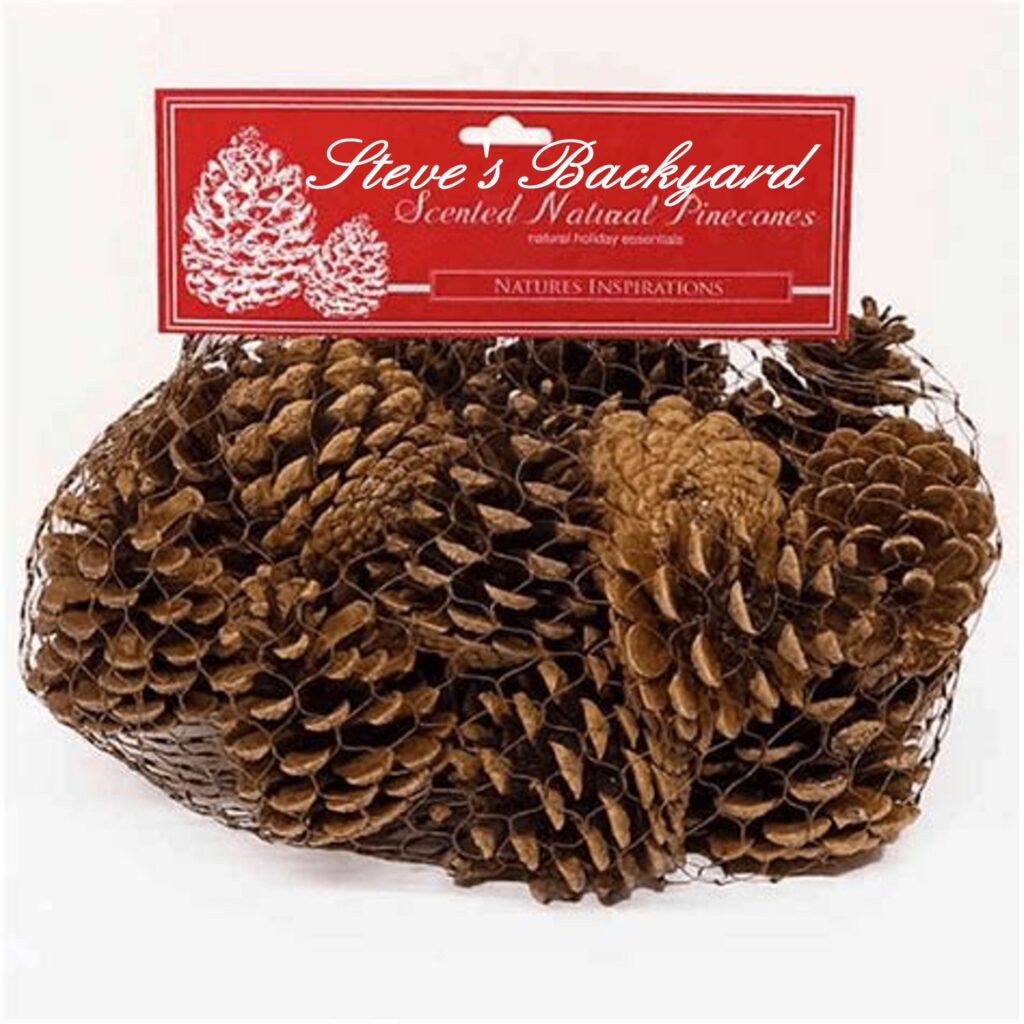Living in rural New Hampshire, even where the flatlanders roam, is very different from most urban settings. Most of America is like that, truly, so I’m not speaking to a fringe audience. But this is a group who, if not familiar with city living, has (hopefully) forgotten how different it is. For example, I live on a paltry 2.4 acres, give or take.
There are lots of trees (though fewer than when we bought the property). We have a yard big enough that I don’t look forward to mowing it and a keen understanding on a small scale of what happens when you don’t keep the jungle at bay.
What does that mean?
I had an acquaintance who claims to have spent some time in the Amazon (South America, not Seattle). They cleared a perimeter around their location away from a fence that didn’t stay that way for long if you didn’t keep it up. Daily, weekly, monthly, someone was clearing that land again and again, or the jungle would take it back. If you have any land at all, you’ll be familiar with the problem. The planet is eager to reclaim any swath of land you’ve cleared, no matter the reason and that’s something with which city-dwellers are unfamiliar.
Whacky concrete jungle environmentalists don’t get it either. Husbanding nature is a battle we are doomed to lose, and we could all save a lot of time and money if the focus were kept on specific incidents of industrial harm. All the money directed to fake global warming could roll back debt, pay reparations, help with “food insecurity,” and help house homeless vets (I’m not advocating reparations, by the way). Instead, we waste trillions on junk science – but I digress (hey, it’s a political blog, yes?).
If you don’t mow it (clear it, clip it, weed it), you are giving it back. Nature will begin to reclaim it immediately and take it over if you let her. Animals will move in, and in a few year’s time, that spot of land will be a copse, then woods, then forest.
My patch of nature is comprised of a decent mix of species. Oak, Maple, Chestnut, Sassafrass, Hemlock, Juniper, Beech, Birch, Poplar, and a few varieties of pine – White and Red. We’ve got plenty of Mountain Laurel, Wild Blueberry, Raspberries, and wild strawberries as well, but those are never the nuisance: the Oak (acorns in autumn) and the Pine, especially this spring. We’ve had what I call pinecone-mageddon. Massive acorn drops in the fall are not uncommon, but this 2023/2024 pinecone thing seems unprecedented in my thirty years in New Hampshire. There are pinecones everywhere, and the trees are not done. If I look up, there are massive clusters still clinging to the branches of both Red and Eastern White Pine.
What in the pinecone is going on, Batman? Stress, they say. If the trees have had a tough previous year or two prior, thy will respond with a massive seed drop. Drought is the easiest scapegoat, but insects are also a cause of stress, and we’ve had our share of pine borer beetles.
I looked back a few years at annual precipitation, and with the exception of 2020 (4 inches below the 100-year mean), we’ve had above-average precipitation year over year. 2021 and 2022 were two and one-half and three inches above normal, respectively, and 2023 was thirteen inches above the annual mean. Drought does not seem like a likely cause.
I did a bit of digging, and no one seems to have yet posted any explanation for this year’s bumper crop of pinecones, but it might be bugs. Every morning, when I bring the dog out to do his “duty,” I am serenaded. We’ve got two roosters within earshot. There has been a swelling in the number of birds and a growing chorus of woodpeckers. The latter is quite common, including small and large species, so that’s nothing new, but the number of peckers pecking has grown.
It’s better than the squirrel-mageddon that carpeted roadways in the fall of 2019, but does it explain all the pinecones?
No long-term weather stress. Annual rainfall totals have been at or above the norm, so there’s no solid evidence that this is the cause.
Pine borer beetles? Maybe. Bugs would explain the peckers, but there’s no shortage of pine trees or pinecones, so I’m at a loss for what it might be. They are everywhere (pinecones), and if you’ve got some thoughts, I’d love for you to share them.
Update from a reader and meme maker.

